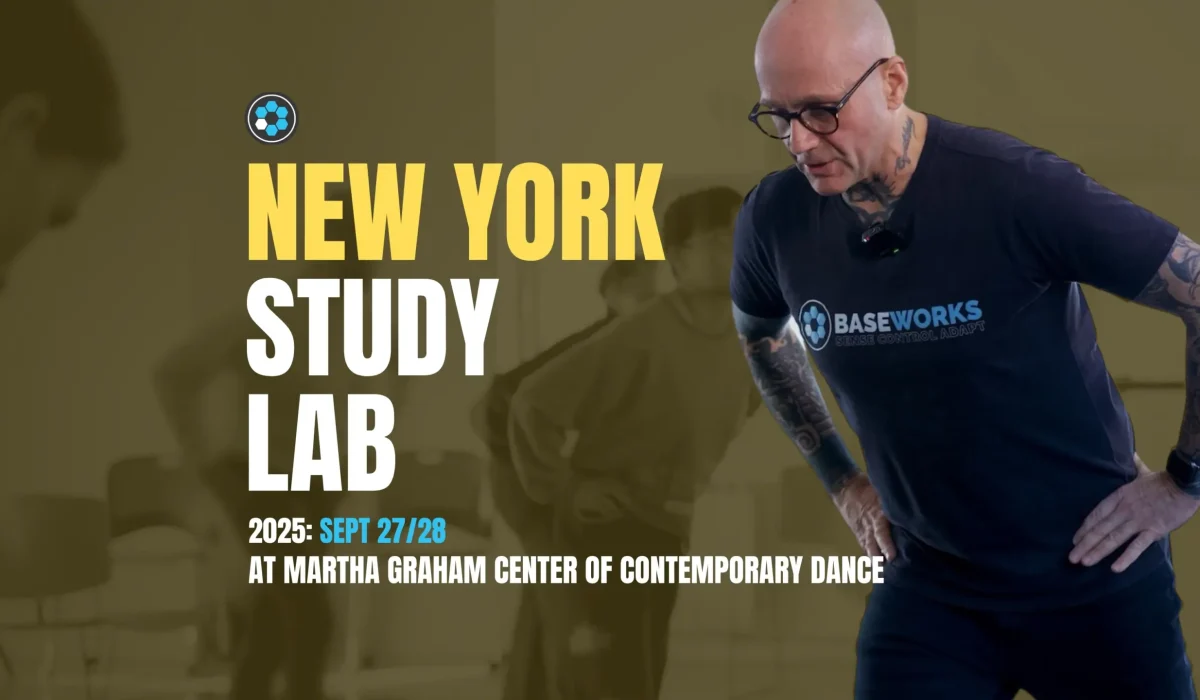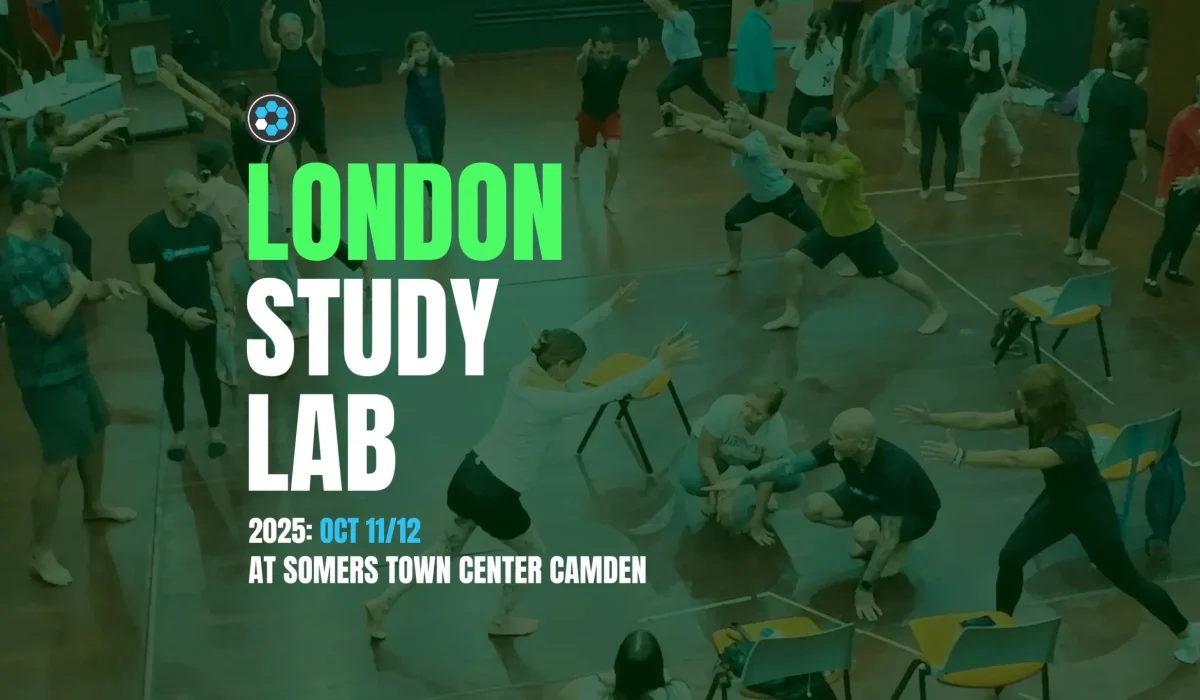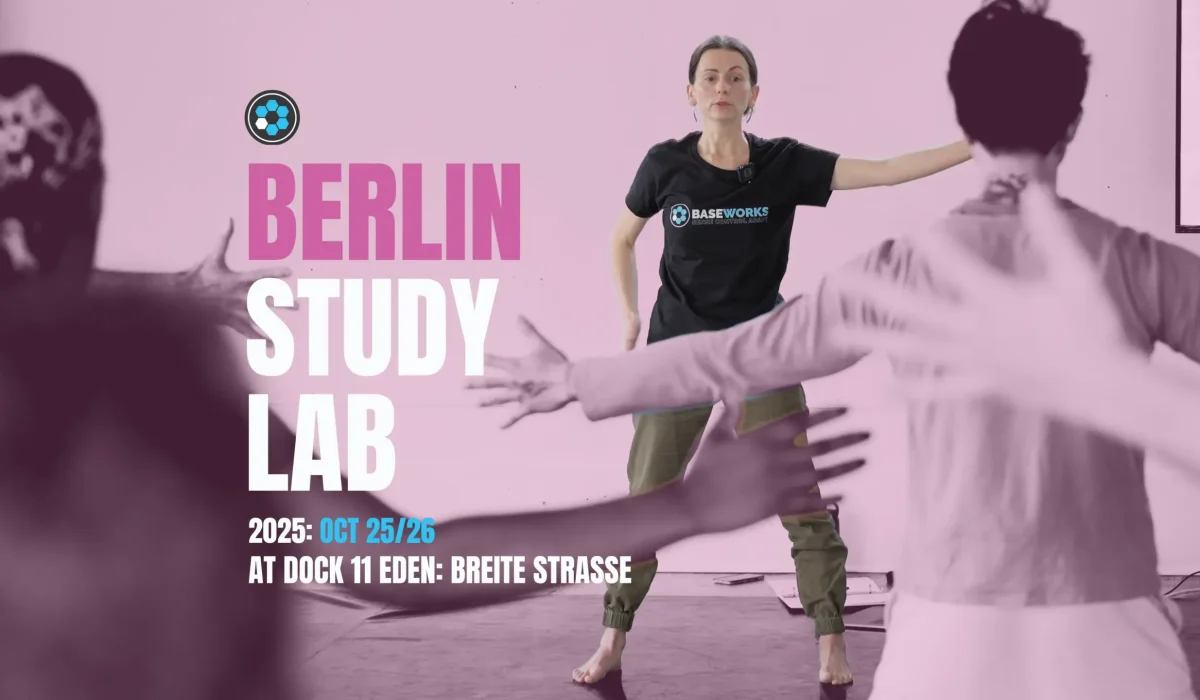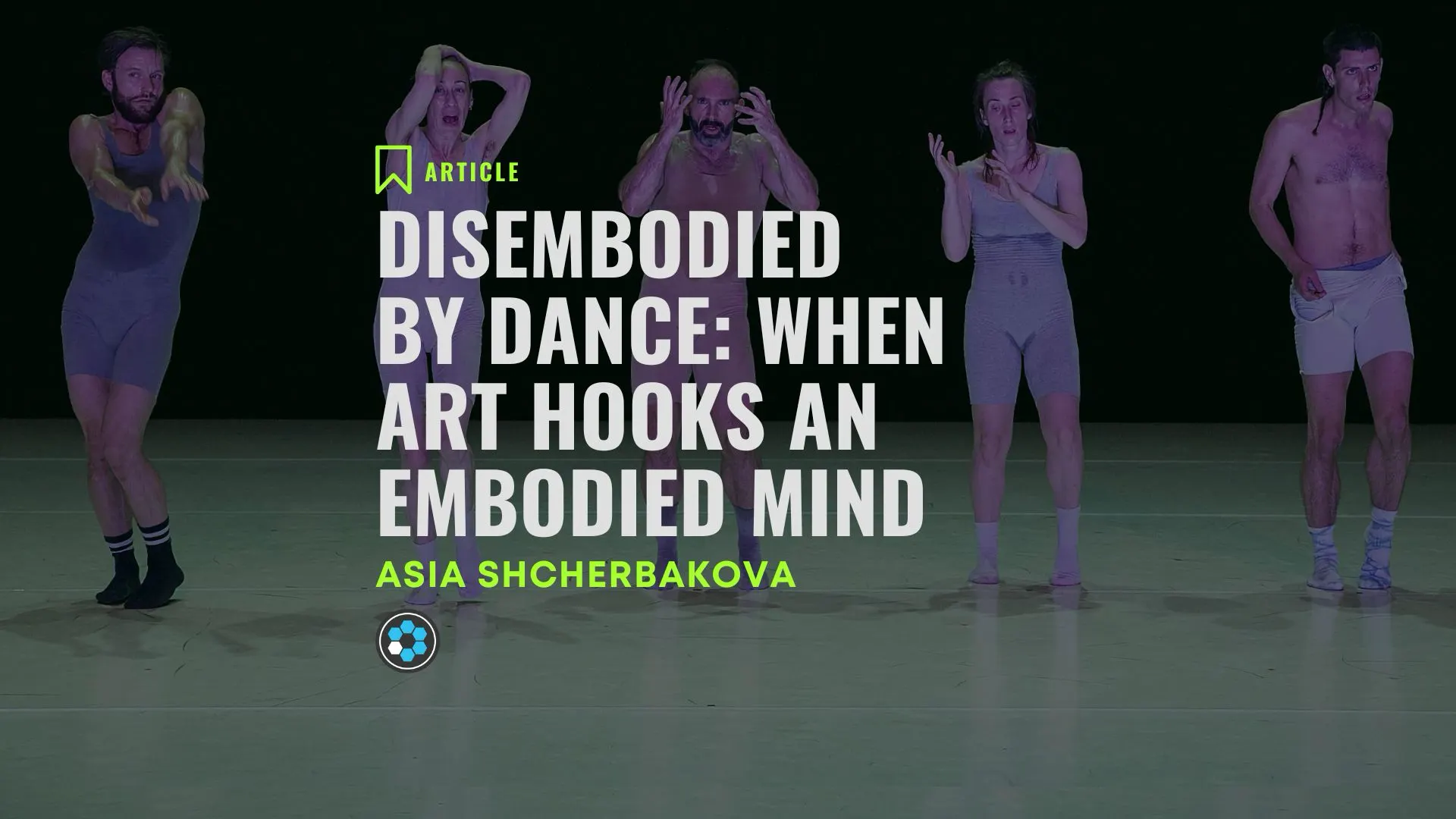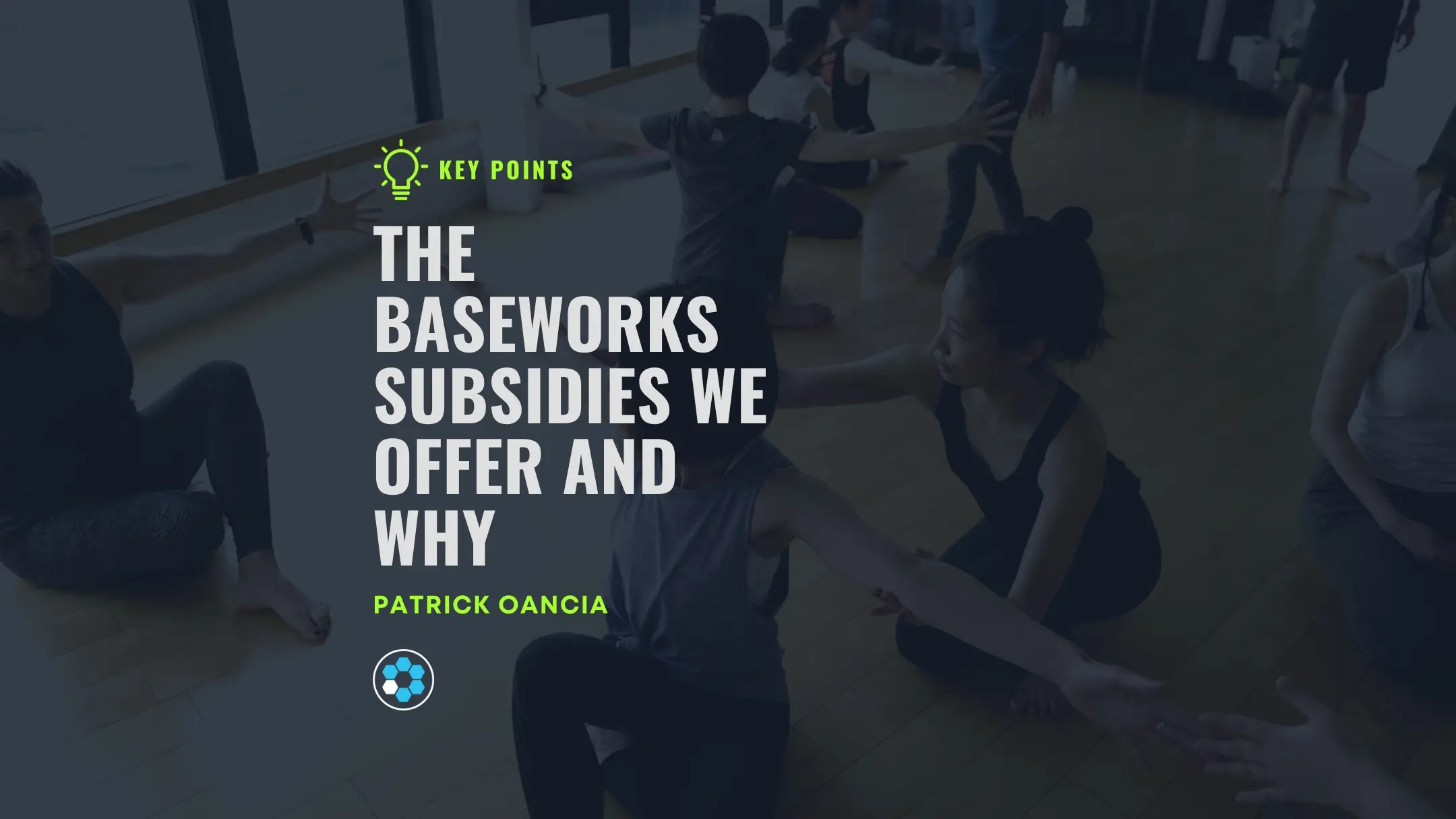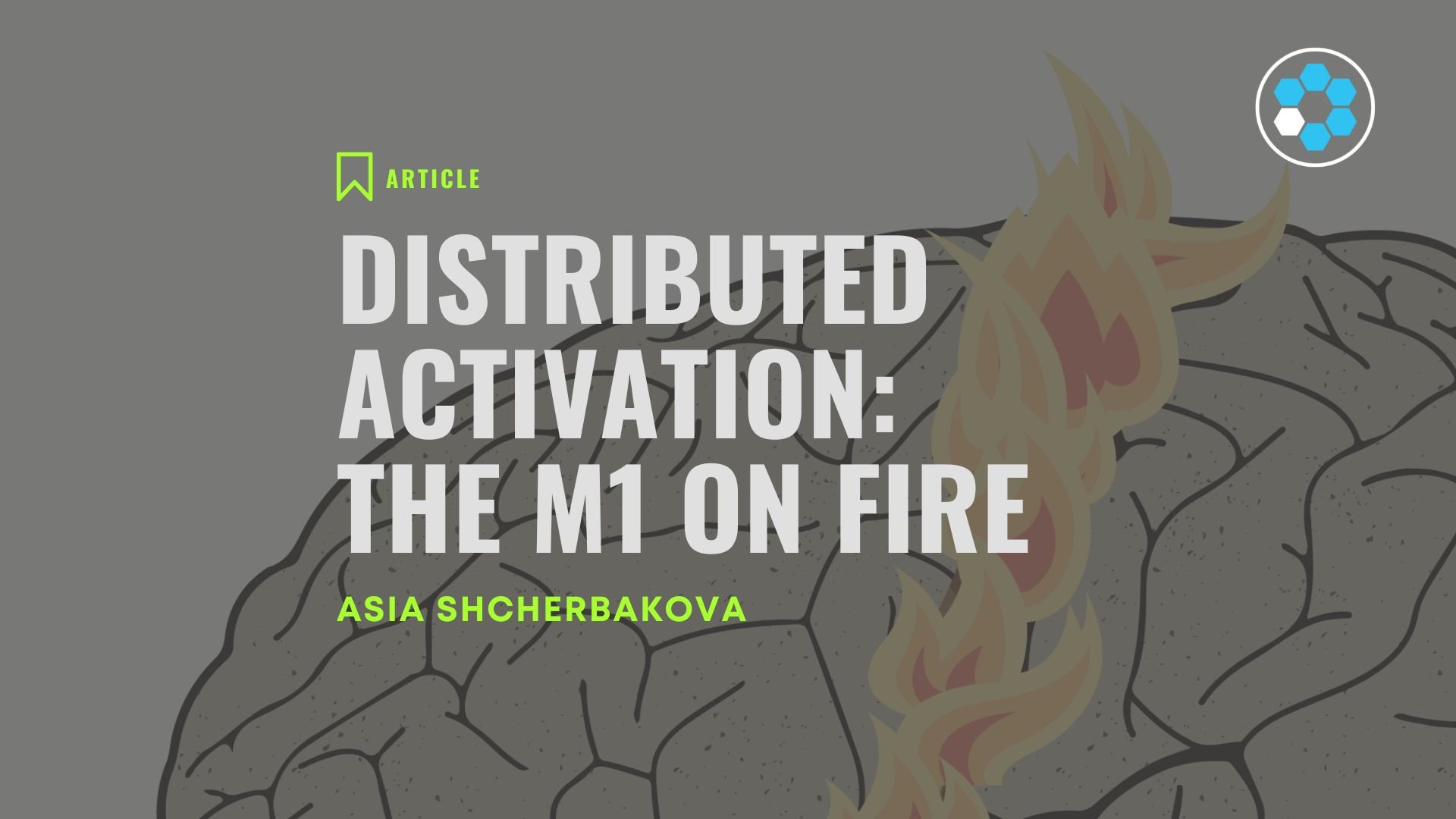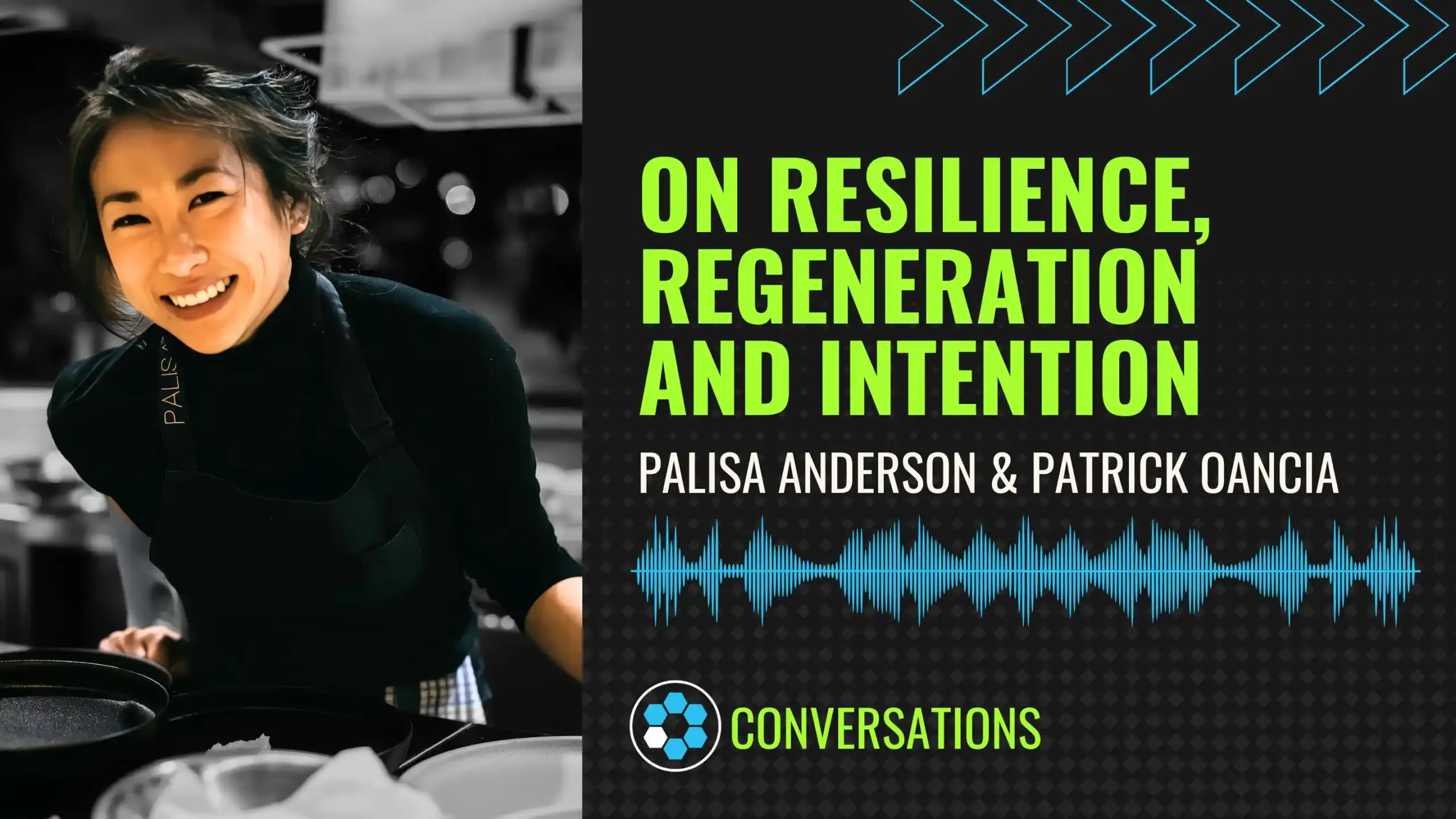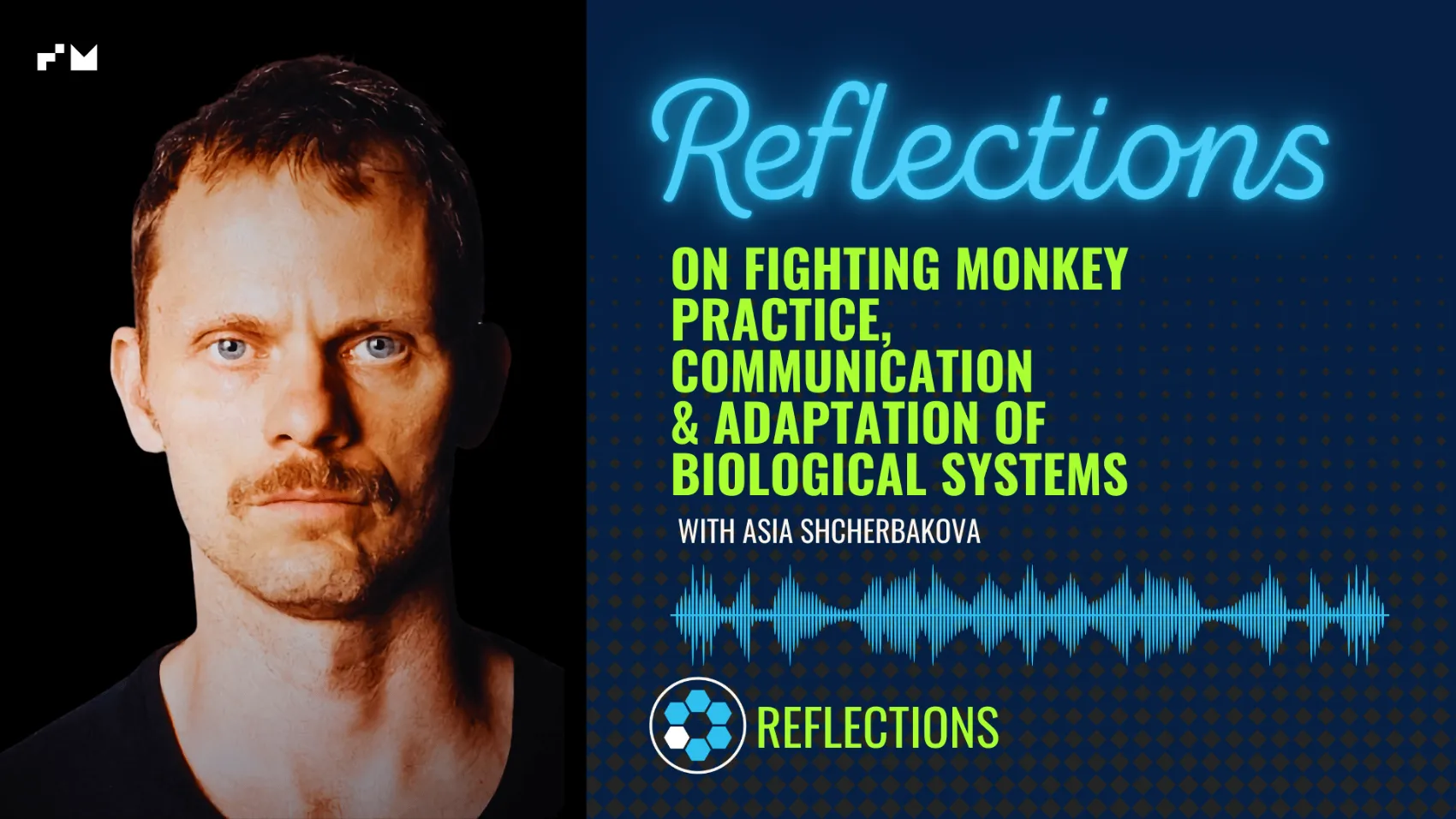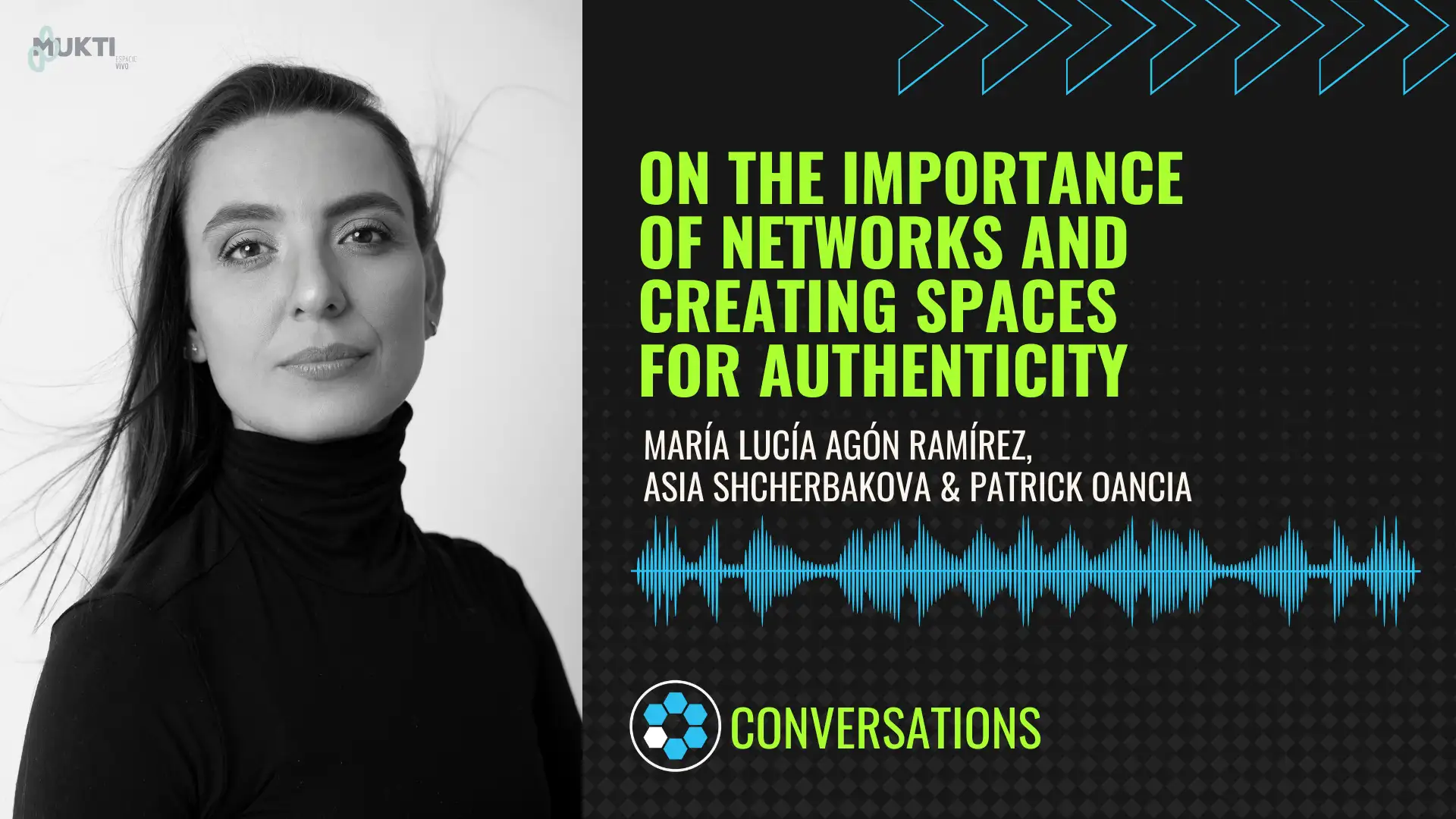This is the companion REFLECTIONS Transmission for the On Ethics, Leadership & Commitment conversation we had with Matan Levkowich. It would make the most sense to first watch that episode here.
The Sharing of Information:
A lot of what we discussed in this episode derives from personal experience. I can relate to much of what Matan shared, as I’ve had a lot of similar realizations.
I have been listening to podcasts and subscribing to channels on YouTube for over 10 years, to get information on topics that I am interested in. During this time, it turned me on to a bunch of interesting and unanticipated stuff that surfaced through many of the conversation topics across dozens of productions.
I really like how so many interesting people who have separate careers and commitments take the time to produce this stuff to share their ideas and equally take part in the sharing of other information which may have never made its way into mainstream media.
As I followed Matan’s podcast, it was the first time that I actually knew the host personally as a collaborator and friend. Much of the content on Material for the Brain leans toward the articulation of stuff that relates to the way people perceive what they do through the lens of their skill set and creative work and the corresponding effect that process has on life. I also resonated with Matan’s decision to take a break from the production of his podcast channel to re-focus on his in-person teaching after months of Covid lockdowns and distancing protocols.
Although this is the start of our attempt to share via these Baseworks Transmission productions, I have had a lot of experience producing events, educational content and other stuff that I felt directly related to the broader more abstract aspects of my life work. And I have also taken many breaks in between to digest what I experienced and reorienting my focus on to other projects for perspective.
WATCH:
LISTEN:
Ethics:
Any events that evolve around ethics, learning, and sharing can be interpreted in different ways, depending on personality and circumstance.
Even the most adverse of situations that come up at any stage of our lives can offer new perspectives that might not be so immediately obvious.
The intricacies and polarities between people’s characters in any kind of collaboration can be challenging to navigate. When Matan shared about not feeling supported in a production they cast him for, the attitude of the choreographer directly affected the output of the experience for Matan.
But who knows, the choreographer may have missed on some of his own learning from not being sensitive to how Matan could have felt better supported.
Of course, no one must alter their personality or work format just because they don’t agree with somebody. Yet, opening one’s self up, listening to, and considering the feelings of others, can be invaluable to better understanding subjective motivations.
I find this to be important and feel like the more informed I am, the more effective I can be in my professional projects and the more empathetic I can be to the needs of others. And for me, this realization came through both self-reflection, feedback, and direct confrontation.
Conversely to this, not always having the support that one would be expecting under specific circumstances, also provides the possibility to stimulate learning in a way that we can deeper analyze individual projections, needs and expectations.
Letting go of preconceptions, even if only occasionally, may present a completely different outlook on personal progress and development and possibly even nurture our emotional resilience.
A lot of this goes hand in hand with commitment, boundaries and responsibility, as we spoke about a fair bit during this transmission. When we commit to someone or something, it is not always going to be smooth. Yet to persevere, within healthy and conscious boundaries, can become an important contribution to one’s attitudes toward coexistence, solidarity, reciprocity, community and mutual respect.
How do we see our practice?
Inevitably, how we approach a physical practice can be a great metaphor for how we can shape the way we respond to the challenges in life. An example question one may want to ask would be: is the practice intensity or quality appropriate for both my physical and emotional state?
We can approach physical practice with different objectives, but the attitude will affect the outcome. A physical practice can be to condition the body to perform at a certain level. It can also facilitate mitigating stress, supporting good health and mental clarity. But many use a physical practice to avoid confrontation or even confronting oneself, and in some situations, the approach to the practice can easily fall into the same category as addiction.
I believe that how we approach our practice illuminates who we are. And I want to emphasize that it is not about the result of any such realization being good or bad. It’s just about being informed.
In Baseworks, we have a particular focus on using the understanding of limitations, expectations and attitude as intel to make the practice meaningful and sustainable under any circumstance. A lot of what we talked about in this Transmission correlates with this type of analysis.
Connect with Matan:



